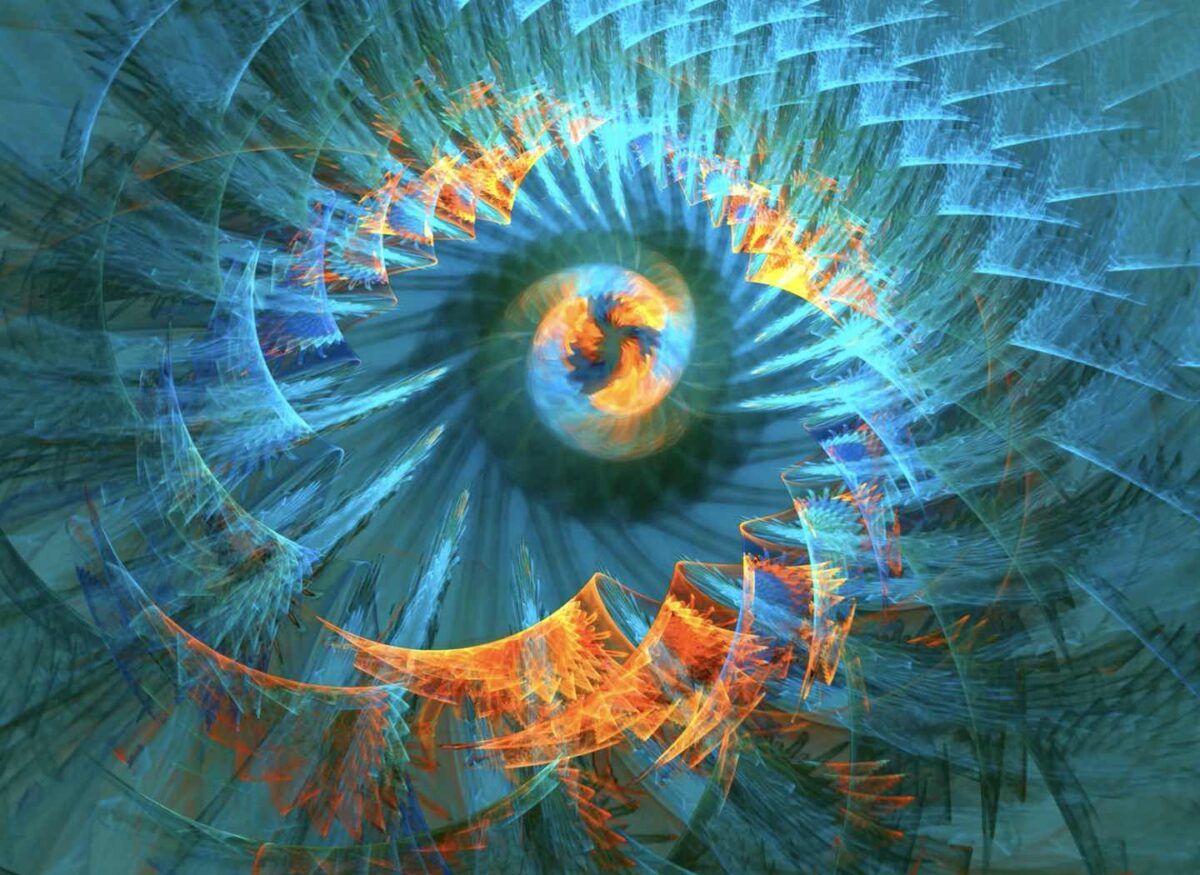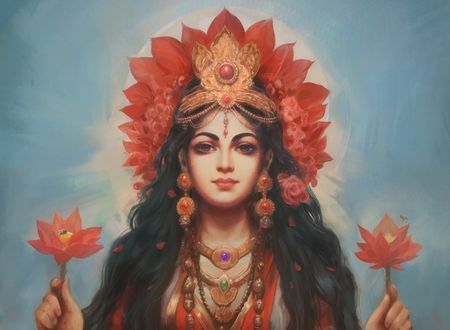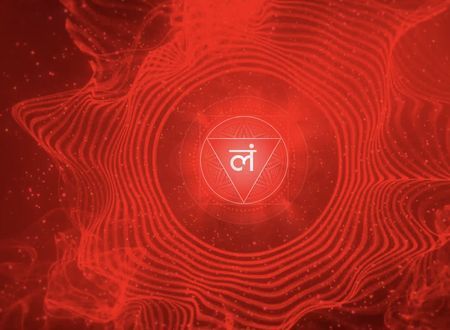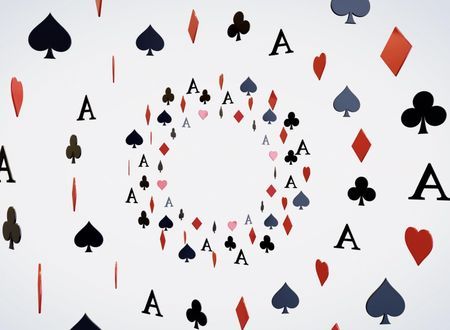When I was growing up, I was rather fascinated by the traditions and legends of ancient India. As I wrote in my memoir that I devoted a significant portion of my time to studying the occult and the Vedas. When you are a kid, you tend to believe everything you read. As an adult too, strangely, our beliefs never really go away, they only get replaced by new ones. Anyway, so the disappointing thing was that most of the so-called “occult” literature routinely mentioned this term Indrajala (IAST: Indrajāla), the net of Indra, whereas none of the classical texts on mantra or tantra sadhana nor the upanishads made any mention of it. Only the contemporary books full of grandiose claims and misprints spoke about Indrajala. 1
What’s worse was that in a variety of books, Indrajala was mentioned as a set of tricks and tools for the magicians. In the wake of an intermittent and fruitless search, marked by fleeting glimmers of hope and despair, I concluded that this was a made up concept which had no roots in the Vedas. Even the word Indrajala had begun to sound like a recently coined phrase as I believed that jala (jāla), net, was not a Sanskrit word.
But, I was wrong.
Indrajala is mentioned in Atharva Veda (8.8.5-8) 2 and jala did mean a net or a snare.3 In the hymn,4 we call upon Indra to cast his net and enmesh the hostile army. He is invoked to conjure up the illusion of a formidable army with his net and annihilate the enemy.
What is most remarkable, however, is the timeless wisdom hiding in plain sight in the term Indrajala. For, Indra represents the mind and our mind is what creates the expansive mesh of thoughts. Our mind ambushes us into whatever we feel. It is the net of infinite desires that has us entrapped. You slash one desire and there it is, another one ready, right there.
It is also interesting to note that the concept of Indrajala was later adopted by Buddhism and you get the following description in The Enlightened Mind by Stephen Mitchell:
The Net of Indra is a profound and subtle metaphor for the structure of reality. Imagine a vast net; at each crossing point there is a jewel; each jewel is perfectly clear and reflects all the other jewels in the net, the way two mirrors placed opposite each other will reflect an image ad infinitum. The jewel in this metaphor stands for an individual being, or an individual consciousness, or a cell or an atom. Every jewel is intimately connected with all other jewels in the universe, and a change in one jewel means a change, however slight, in every other jewel.
Central to Vedic philosophy is the core premise that the perceived separation between ourselves and the external world is an illusion. In truth, we are interconnected with all beings and the entire universe. As Rumi said, “You are not a drop in the ocean. You are the entire ocean in a drop.” Sometimes, it can take a lifetime to have this realization seep deep into you. And the unfailing sign of that will be the complete absence of any feelings of jealousy. Why just jealousy out of all the other emotions? Because it stems directly from the stronghold of false ego. In the Puranic legends, behind each episode of Indra’s downfall was one of the three emotions: fear (I may lose what I have), covetousness (I should have what they have), jealousy (why should they have it at all). Envy is I wish I also had that whereas jealousy is, not them but I should have that. Indra–the king, symbolizing our mind, was eternally plagued by such demons.
Have you ever paused for a moment and marveled at the fact that the world around us is so bothered by their feelings? And most of us have a handful of the same: anger, resentment, greed and so on. How have we arrived at this point? Avidya, ignorance, the Vedas say. If you are traveling through the sewage tunnels (read lower consciousness and base emotions), you will be met with stench and suffocation. If you choose to walk through the valley of flowers (read higher consciousness and a degree of altruism), you will be engulfed by a heady fragrance. It doesn’t require an Einstein to fathom it.
सर्वभूतेषु येनैकं भावमव्ययमीक्षते |
अविभक्तं विभक्तेषु तज्ज्ञानं विद्धि सात्त्विकम् ||
sarva-bhūteṣhu yenaikaṁ bhāvam avyayam īkṣhate
avibhaktaṁ vibhakteṣhu taj jñānaṁ viddhi sāttvikam (BG 18.20)
The one established in the highest consciousness sees one undivided imperishable reality coursing through all living entities. 5
As in the net of Indra, look at any jewel and it contains a complete, however faint, reflection of the whole net. Move any jewel in the net and you will perceive that movement in every other jewel of the net. For someone who’s not yet realized though, the illusion of separation is so strong that it feels real. They know that we are interconnected and yet they can’t help but see themselves as separate, different, even superior.
अविभक्तं च भूतेषु विभक्तमिव च स्थितम्... avibhaktaṁ cha bhūteṣhu vibhaktam iva cha sthitam... (BG 13.17) He is indivisible, yet He appears to be divided amongst living beings.
It is, therefore, quite natural that feelings of possessiveness, jealousy, and envy rise to the brim in the consciousness of a seeker who is ensnared by the illusion of separation. For, separation implies that you can lose something or someone. The truth is, in the end, the sum total is zero. And the challenge is to live with this wisdom through your thoughts, actions and speech. How, you ask?
Ever seen a spider get caught in its own web? No, right? Because a, it’s mindful as it remembers which threads of the cobweb have the sticky bristles and b, an oily coating protects it against adhesion. A diligent seeker is no different (analogically of course, unless you are the spiderman). Mindfulness and the coating of grace makes anything possible. The seemingly silken threads of the web of desires have countless tacky thorns designed to jab your consciousness.
It helps to be aware and exercise a conscious choice. No matter from where you bite a fresh mango, if it’s sweet and succulent, it would be delectable throughout. So it is with the mind: it doesn’t matter which thought you bite into, if it’s wholesome, your entire being will reverberate with positivity and goodness. And if it’s negative, the whole world will feel one mean place.
That’s the whole Indrajala. Traverse it carefully, if must you weave one.
Peace.
Swami
Important announcements:
- Om Swami Live, 3-Jul 9 AM IST. The first 1000 participants will be able to join the live event on Guru Poornima (3-Jul, 9 AM IST) like a meeting which means I will be able to see you and you will be able to see me. Details here. Please note that due to a 93% drop in os.me revenues, we had to downgrade our hosting infrastructure (and we have no technical support at the moment). So there is a slight chance that the website may crash if everyone joins at the same time on 3-Jul. Therefore, it is recommended that you please make a note of the Zoom meeting ID given on the live page so that you may still directly join from your Zoom client as an attendee.
- Another live event (1-3 Jul) with the remarkable Sadhvi Vrinda Om and Sadhvi Nishtha Om will also be available on the live page. Details here.
- Initiation. I’m in receipt of 1547 submissions for initiations as of this morning. Each one of you will hear from me but I need a bit more time to do justice and not rush. So, I request you to be patient as it will be by mid-August before I can get back to you. Having said that, I will try my utmost to respond sooner. And while we are at it, please allow me to thank you for your unconditional love, faith and confidence you have in me. I want you to know that it means a lot to me and every moment of my life, I never lose sight of it. Every pore of Om Swami’s existence prays for your well-being. I say this without the slightest exaggeration.
Notes
A GOOD STORY
There were four members in a household. Everybody, Somebody, Anybody and Nobody. A bill was overdue. Everybody thought Somebody would do it. Anybody could have done it but Nobody did it.
Don't leave empty-handed, consider contributing.It's a good thing to do today.









Comments & Discussion
306 COMMENTS
Please login to read members' comments and participate in the discussion.